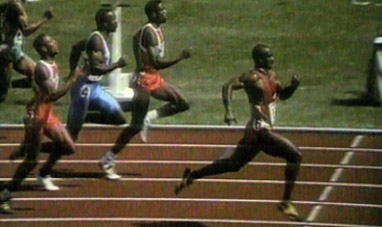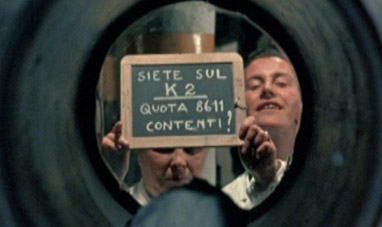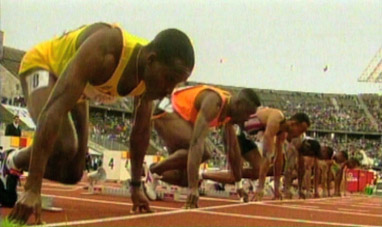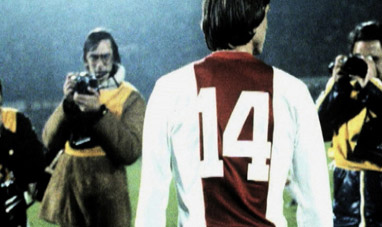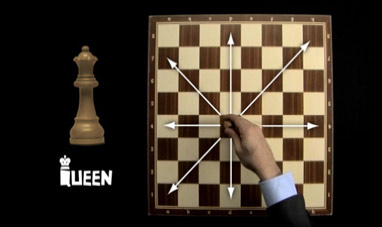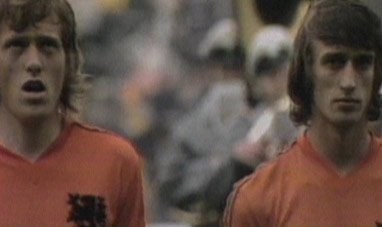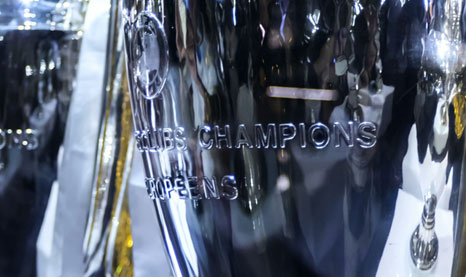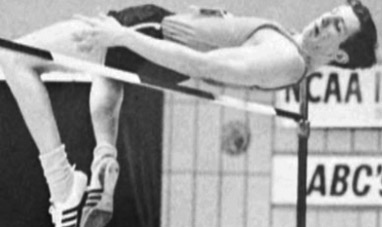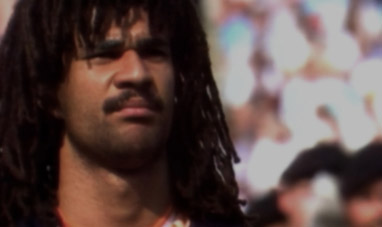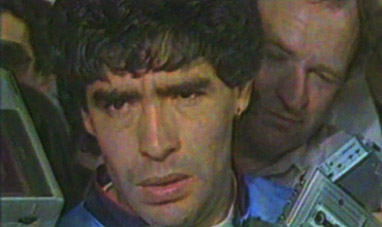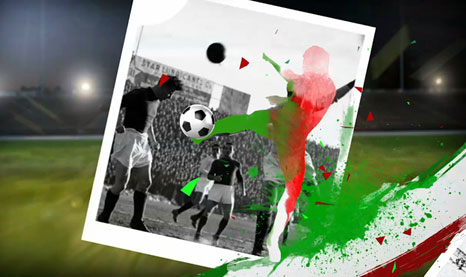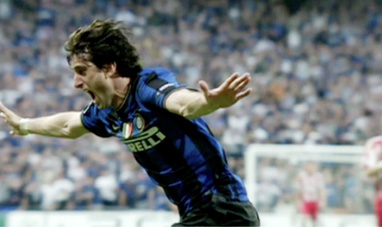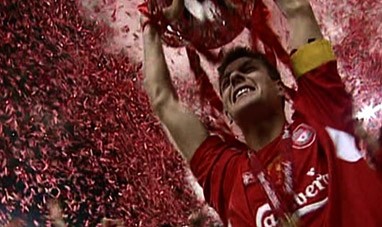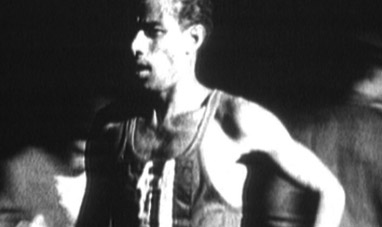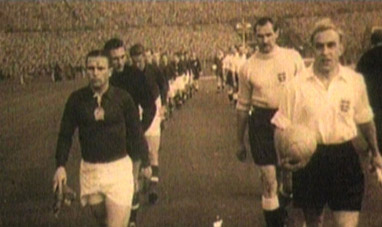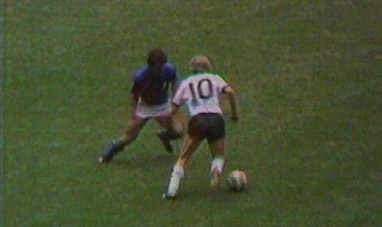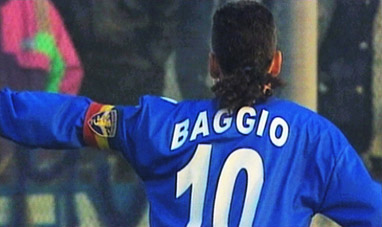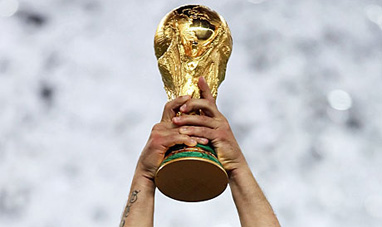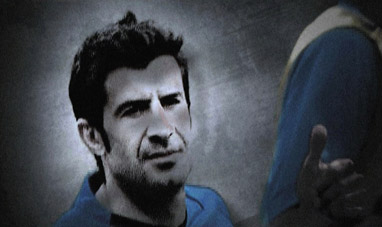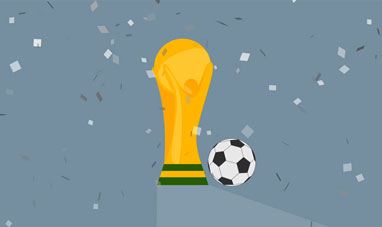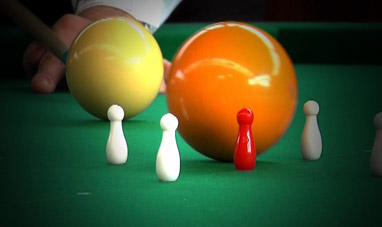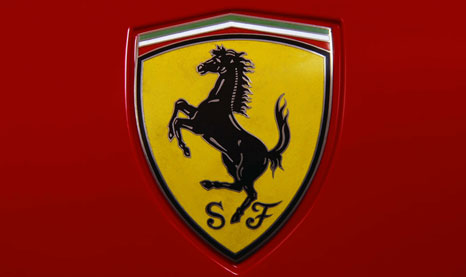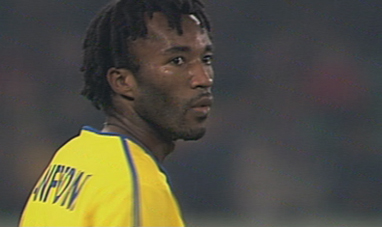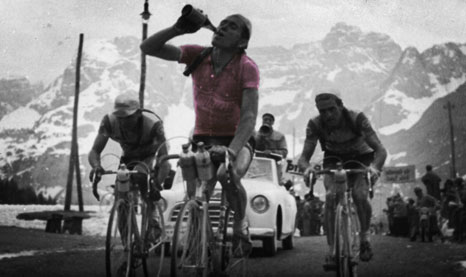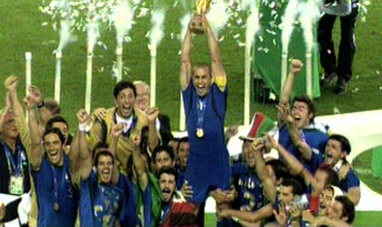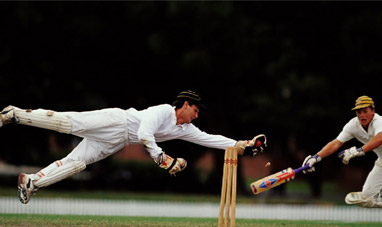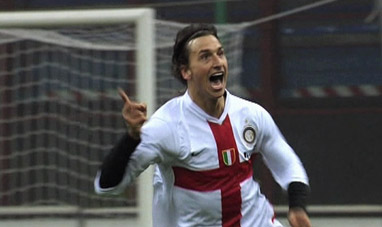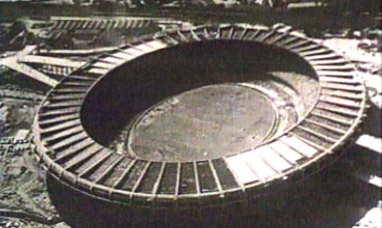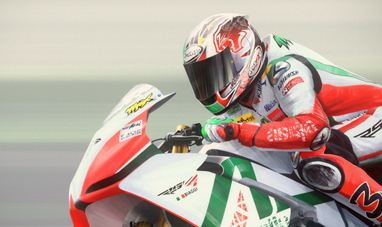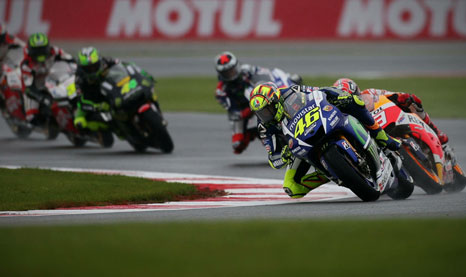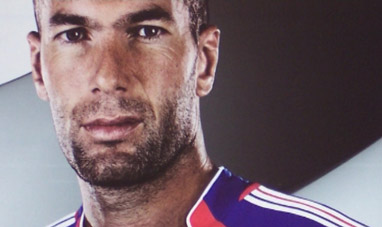On July 11, 1982, Italian soccer player Paolo Rossi raised his arms into the air and smiled for joy. He’d just scored another gem in his extraordinary World Cup performance.
Italy’s arrival in Spain for the 1982 World Cup was followed by bitter controversy. The Italian press fiercely criticized the team coach, Enzo Bearzot, for having selected Juventus player Paolo Rossi instead of Roberto Pruzzo, a striker for Roma and the league’s top goal-scorer. Rossi had just come back from a two-year suspension for alleged involvement in a game-fixing scandal. He had only played three league matches during the whole season and had not yet returned to top form.
Italy expected its team to come home empty handed. No one was surprised when the team performed poorly in the first three matches, drawing nil-nil with Poland and 1-1 with both Peru and Cameroon. Rossi’s performance was lifeless, timid and never dangerous, which only amplified the hostility between Bearzot and the Italian press. Tired of commentators’ provocations, Bearzot forbid his team to speak to the press. On June 29 the Italians played Argentina, the reigning World Cup champions, at Sarrià stadium in Barcelona. 43,000 spectators witnessed the rebirth of Italy. Claudio Gentile neutralized Diego Maradona, and Antonio Cabrini and Marco Tardelli each scored to beat the Argentines, 2 – 1
On the July 5 it was Brazil’s turn. The Brazilians had already beaten Argentina 3-1 and, because of the goal difference, needed to draw. Italy, on the other hand, needed to win. In the 5th minute Tardelli sent a deft cross into the middle. Rossi headed it past the Brazilian keeper into the back of the net. It was Rossi’s first goal of the World Cup.
In the 25th minute, after Brazil equalized, the Brazilian defense slipped up. Rossi intercepted the ball and scored with a powerful right-footed shot from the edge of the penalty area. 2-1 for Italy. In the 68th minute, Paulo Falcao equalized for Brazil. But Bearzot’s boys weren’t going down without a fight.
8 minutes later, in the 74th minute, Giancarlo Antognoni took a corner from the right. The Brazilian defense cleared the ball, which landed at Tardelli’s feet. His shot was deflected by Rossi and wound up in the back of net. 3 - 2 for Italy. Three goals by the Italian striker. Italy was in the semifinal.
Paolo Rossi, nicknamed “Pablito”, had become a new national hero.
At Camp Nou in Barcelona Italy met Poland in the semifinal. Rossi decided the match with two more goals, scoring in the 22nd minute and again in the 72nd with a header following a counterattack.
With 5 goals in his last two games, Rossi was the tournament’s top scorer, the “Hombre del Mundial.”
The World Cup final between Italy and West Germany took place on July 11.
In the 57th minute Gentile fed Rossi a beautiful cross in the area. Rossi scored. 1 – nil for the Italians. It was his sixth goal of the World Cup. Tardelli and Alessandro Altobelli sealed the victory.
Paul Breitner’s goal was not enough. The match ended 3 – 1.
Italy had won their third World Cup.
Unwanted and criticized at first, Rossi became a national hero, a symbol of how the Italians, united in adversity, were able to write a captivating page in World Cup history.
Italy’s arrival in Spain for the 1982 World Cup was followed by bitter controversy. The Italian press fiercely criticized the team coach, Enzo Bearzot, for having selected Juventus player Paolo Rossi instead of Roberto Pruzzo, a striker for Roma and the league’s top goal-scorer. Rossi had just come back from a two-year suspension for alleged involvement in a game-fixing scandal. He had only played three league matches during the whole season and had not yet returned to top form.
Italy expected its team to come home empty handed. No one was surprised when the team performed poorly in the first three matches, drawing nil-nil with Poland and 1-1 with both Peru and Cameroon. Rossi’s performance was lifeless, timid and never dangerous, which only amplified the hostility between Bearzot and the Italian press. Tired of commentators’ provocations, Bearzot forbid his team to speak to the press. On June 29 the Italians played Argentina, the reigning World Cup champions, at Sarrià stadium in Barcelona. 43,000 spectators witnessed the rebirth of Italy. Claudio Gentile neutralized Diego Maradona, and Antonio Cabrini and Marco Tardelli each scored to beat the Argentines, 2 – 1
On the July 5 it was Brazil’s turn. The Brazilians had already beaten Argentina 3-1 and, because of the goal difference, needed to draw. Italy, on the other hand, needed to win. In the 5th minute Tardelli sent a deft cross into the middle. Rossi headed it past the Brazilian keeper into the back of the net. It was Rossi’s first goal of the World Cup.
In the 25th minute, after Brazil equalized, the Brazilian defense slipped up. Rossi intercepted the ball and scored with a powerful right-footed shot from the edge of the penalty area. 2-1 for Italy. In the 68th minute, Paulo Falcao equalized for Brazil. But Bearzot’s boys weren’t going down without a fight.
8 minutes later, in the 74th minute, Giancarlo Antognoni took a corner from the right. The Brazilian defense cleared the ball, which landed at Tardelli’s feet. His shot was deflected by Rossi and wound up in the back of net. 3 - 2 for Italy. Three goals by the Italian striker. Italy was in the semifinal.
Paolo Rossi, nicknamed “Pablito”, had become a new national hero.
At Camp Nou in Barcelona Italy met Poland in the semifinal. Rossi decided the match with two more goals, scoring in the 22nd minute and again in the 72nd with a header following a counterattack.
With 5 goals in his last two games, Rossi was the tournament’s top scorer, the “Hombre del Mundial.”
The World Cup final between Italy and West Germany took place on July 11.
In the 57th minute Gentile fed Rossi a beautiful cross in the area. Rossi scored. 1 – nil for the Italians. It was his sixth goal of the World Cup. Tardelli and Alessandro Altobelli sealed the victory.
Paul Breitner’s goal was not enough. The match ended 3 – 1.
Italy had won their third World Cup.
Unwanted and criticized at first, Rossi became a national hero, a symbol of how the Italians, united in adversity, were able to write a captivating page in World Cup history.

